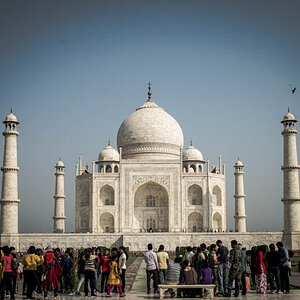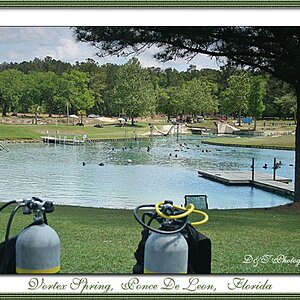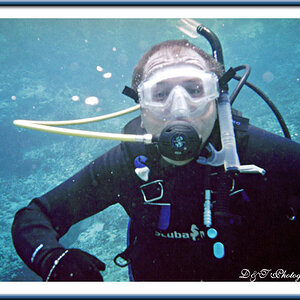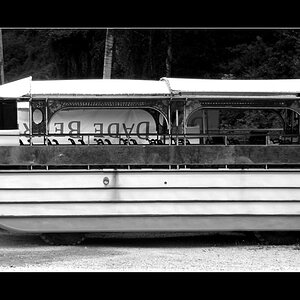Derrel
Mr. Rain Cloud
- Joined
- Jul 23, 2009
- Messages
- 48,225
- Reaction score
- 18,941
- Location
- USA
- Website
- www.pbase.com
- Can others edit my Photos
- Photos OK to edit
Some interesting numbers to be found here. Clarkvision: Digital Camera Sensor Performance Summary
I think that stating that the increased HIGH ISO performance we've seen recently has, "primarily been accomplished with camera image processor software," is a little bit misleading. Sure, it's part of the puzzle, yes, and a good part of the improvement yes, but I think there are also simply sensors coming out now that have MUCH lower read noise, higher quantum efficiency, better microlenses and higher fill-factor, and of course, there have also been advances in signal processing, but I do not think the advances are "primarily" just due to image processing software.
Depends how far back we're comparing from; if the point we're comparing from is 2007 and the introduction of the original D3, I think attributing the improvement in the D600 and D800 "primarily" to the software processing is giving too little emphasis to other parts of the entire imaging system.
I think that stating that the increased HIGH ISO performance we've seen recently has, "primarily been accomplished with camera image processor software," is a little bit misleading. Sure, it's part of the puzzle, yes, and a good part of the improvement yes, but I think there are also simply sensors coming out now that have MUCH lower read noise, higher quantum efficiency, better microlenses and higher fill-factor, and of course, there have also been advances in signal processing, but I do not think the advances are "primarily" just due to image processing software.
Depends how far back we're comparing from; if the point we're comparing from is 2007 and the introduction of the original D3, I think attributing the improvement in the D600 and D800 "primarily" to the software processing is giving too little emphasis to other parts of the entire imaging system.














